Neuroscience
-
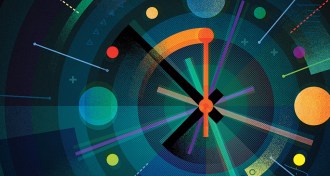 Neuroscience
NeuroscienceSpecial Report: Dimensions of Time
Science News writers report on the latest scientific investigations into time’s place in the physical, biological and mental worlds.
-
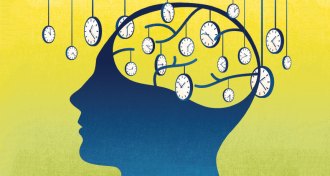 Neuroscience
NeuroscienceHow the brain perceives time
To perceive time, the brain relies on internal clocks that precisely orchestrate movement, sensing, memories and learning.
-
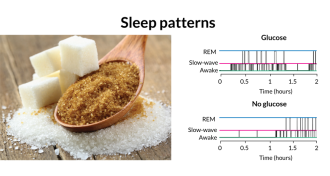
-
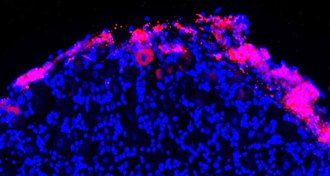 Health & Medicine
Health & MedicinePotential pain treatment’s mechanism deciphered
Scientists have new insight as to how a class of environment-sensing bone marrow cells can help safely relieve pain.
-
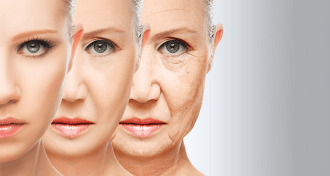 Life
LifeAge isn’t just a number
Getting old happens faster for some, and the reason may be in the blood.
-
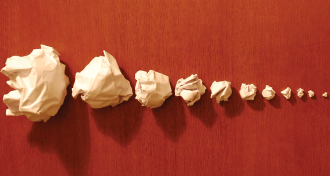 Neuroscience
NeuroscienceWrinkled brain mimics crumpled paper
Brains crumple up just like wads of paper, a new study suggests.
-
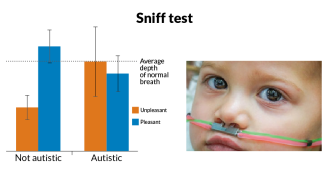 Health & Medicine
Health & MedicineSmell test may detect autism
A quick sniff test could reveal whether or not a child has autism, but some scientists have doubts.
By Meghan Rosen -
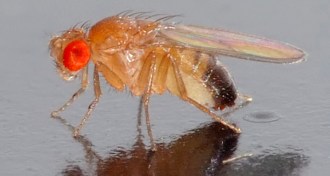 Neuroscience
NeuroscienceOld fruit flies’ swagger restored with brain chemical dopamine
Replenishing the chemical communicator dopamine to a handful of nerve cells makes old flies feel frisky again.
-
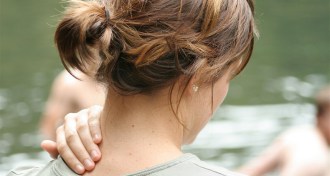 Neuroscience
NeurosciencePain may come in his and hers
Males and females rely on different kinds of cells to carry pain signals, a mouse study suggests.
-
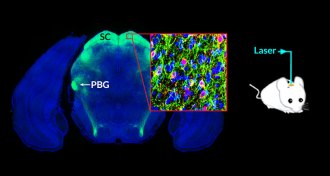 Neuroscience
NeuroscienceOne path that fear takes in the brain discovered
By hijacking a newly discovered pathway in mice’s brains, scientists inspire fear.
-
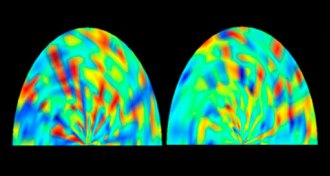 Neuroscience
NeuroscienceSense of smell is strictly personal, study suggests
A new test can identify individuals based on their sense of smell, and may hold information about a person’s genetic makeup as well.
-
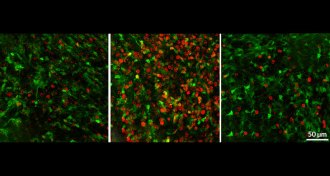 Neuroscience
NeuroscienceBrain’s adult stem cells born early
By tracing the lineages of adult stem cells in the mouse brain, scientists get a view of the cells’ early lives.